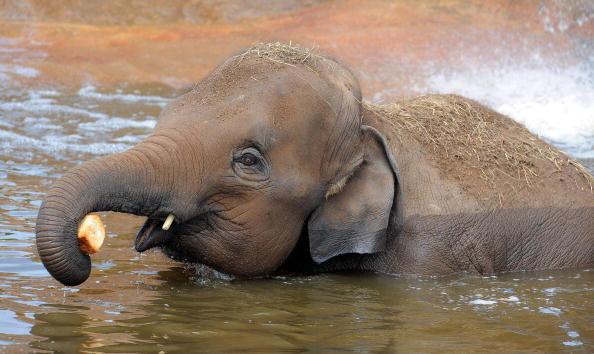Two baby elephants passed away at a zoo in the United Kingdom, a loss a zoo official called devastating.
The elephants lived at the Chester Zoo.


Two baby elephants passed away at a zoo in the United Kingdom, a loss a zoo official called devastating.
The elephants lived at the Chester Zoo.